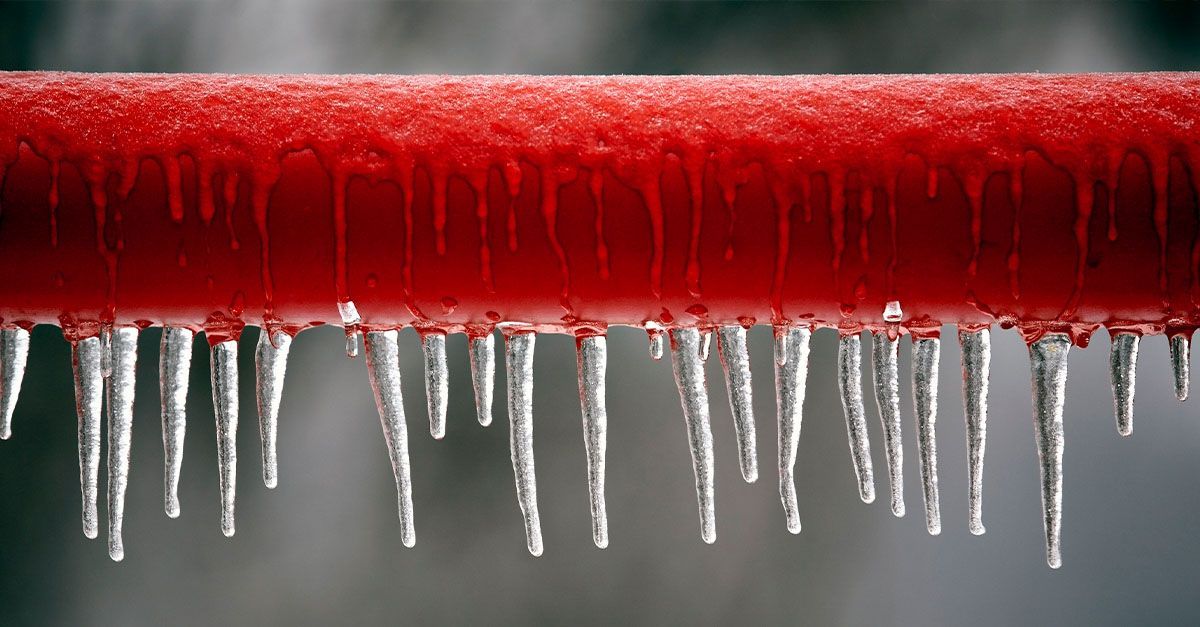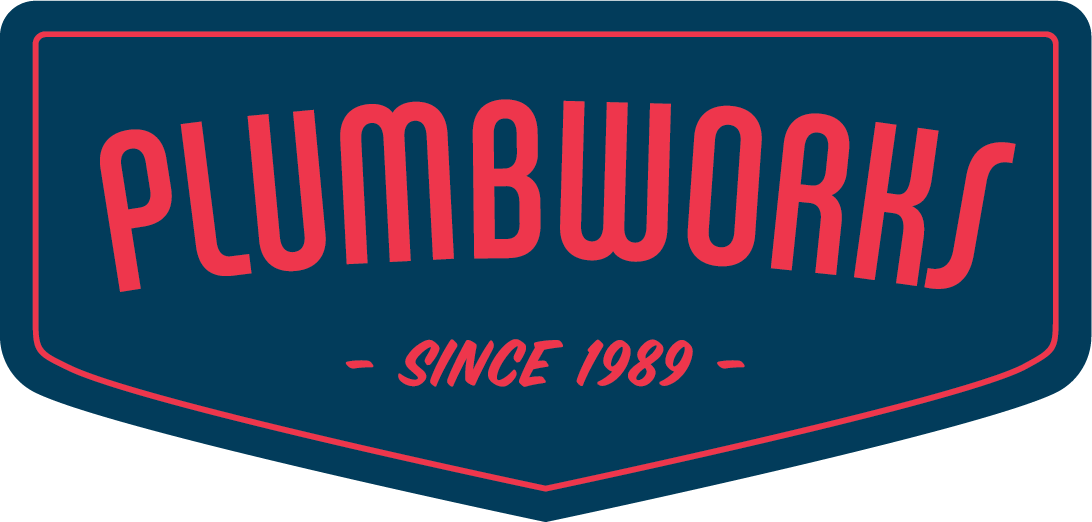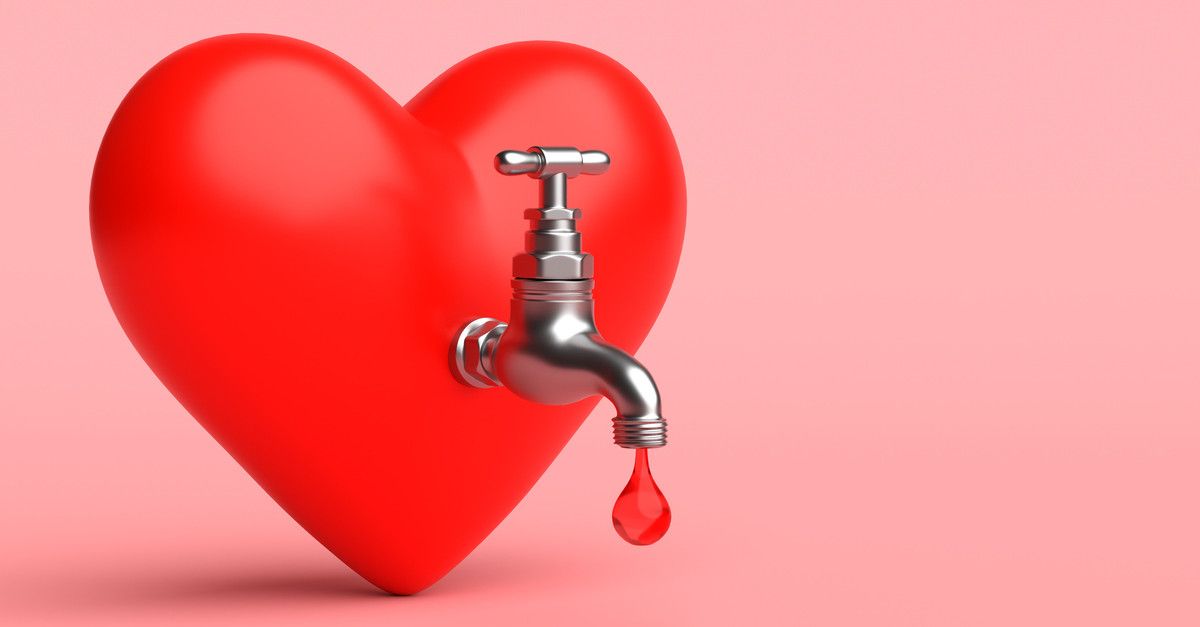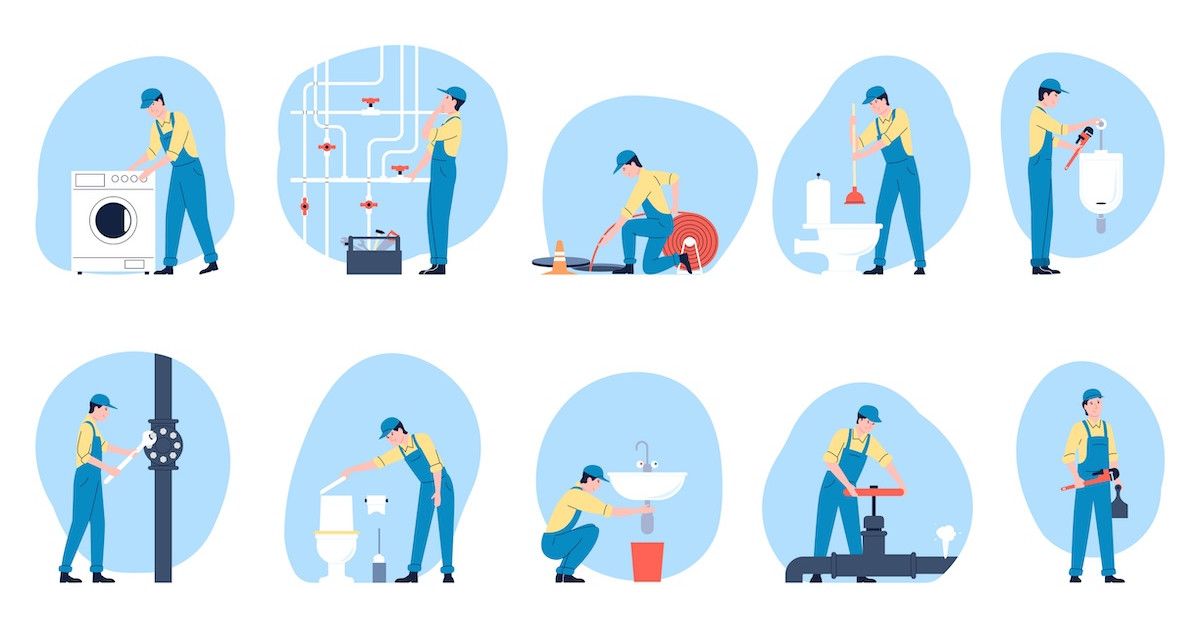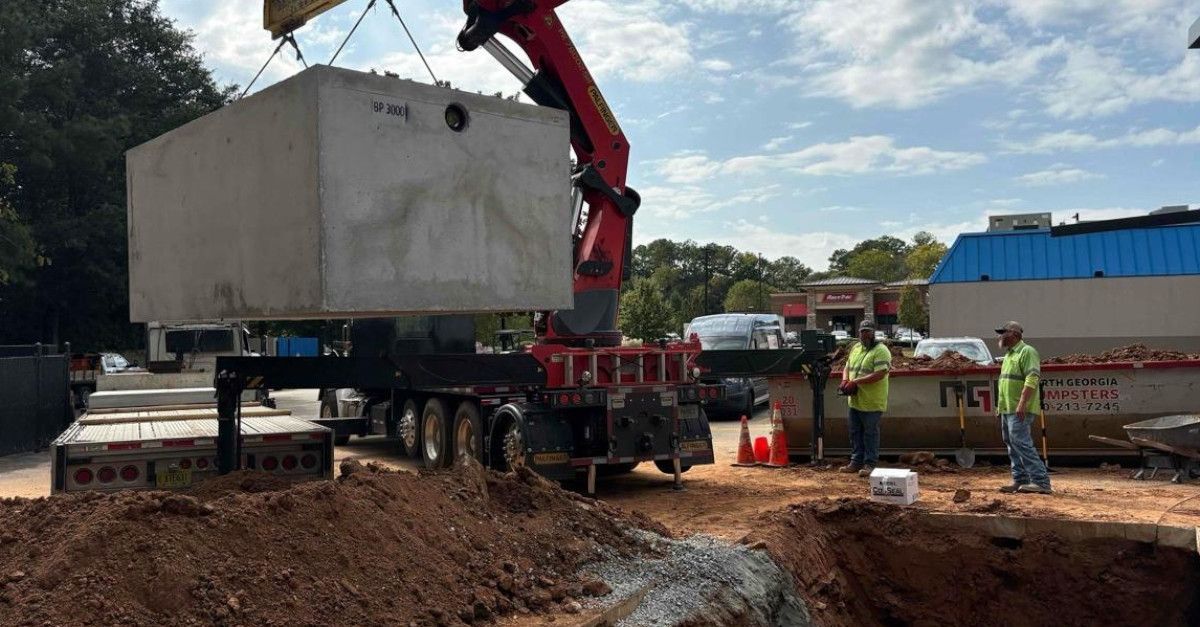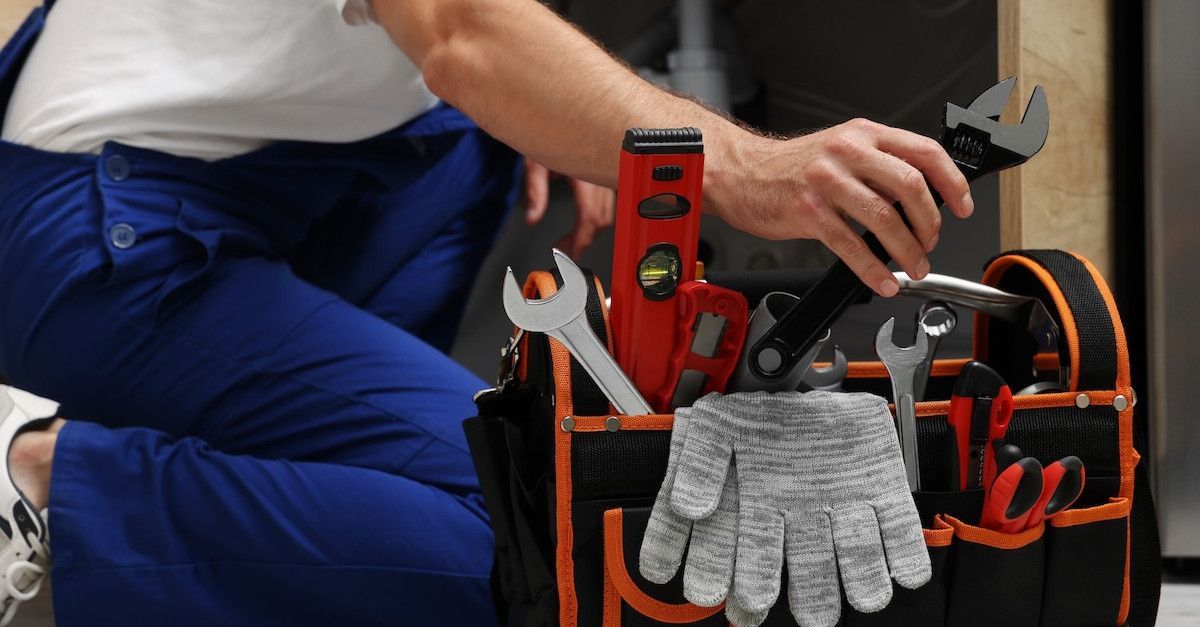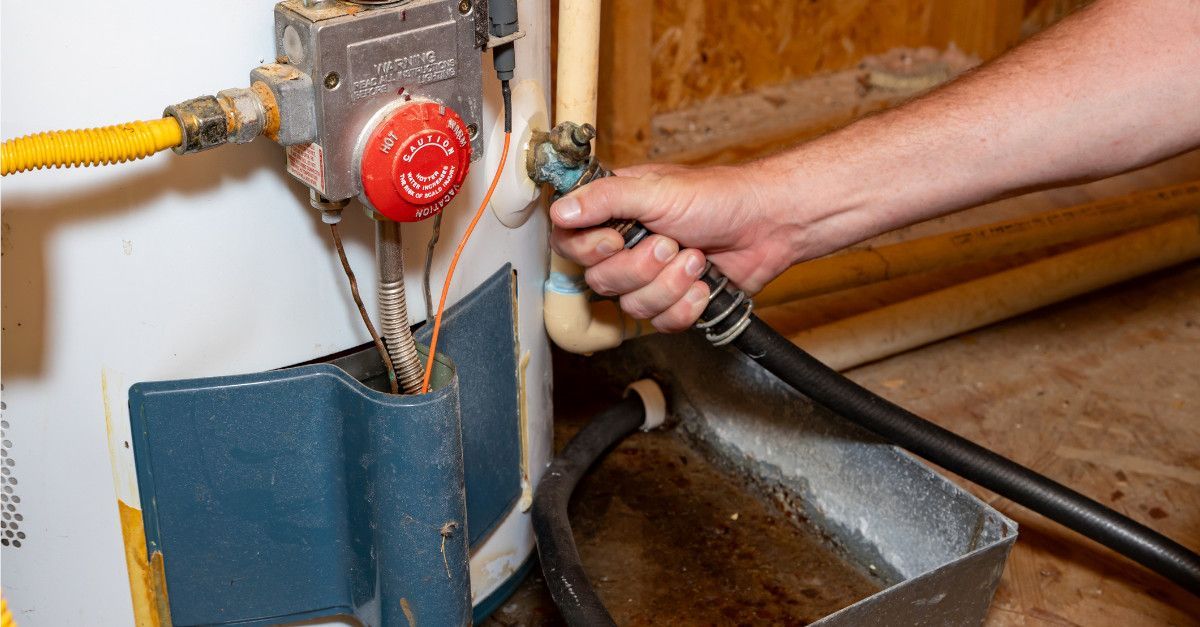Why Flushing Regular Wipes Will Clog Your Drains
Wet wipes are marketed as being flushable, but thousands of households find themselves on the hook for thousands in unexpected plumbing bills because of them. This is due to flushing. While products labeled as flushable may be technically capable of breaking down somewhat, calls for clogged toilet repair and drain cleaning plumbing are increasing because products like these add stress to the home’s plumbing.
What happens when a wipe is flushed?
When tested in multiple lab settings, toilet paper is found to be capable of disintegrating in eight seconds. Wet wipes, on the other hand, never actually completely break down. While wet wipes are marketed as being flushable, plumbers advise against it for a number of reasons.
Wipes can potentially clog the sewer lines between the home and the tank. This leads to build up at the inlet of the tank, because of its small dimensions. When the buildup becomes too much, severe blockage occurs. As the septic tank becomes full, the septic tank begins to have more issues when managing solids. Wipes gradually cause the plumbing systems to fail.
How does the blockage actually form?
Flushing wipes eventually leads to blockage. The wipes become lodged in the pipes of the home. The pipes are typically four inches in diameter. As wipes begin to accumulate in the plumbing, there is little room for them to move about freely. Extreme blockage gradually leads to clogging.
How the Condition of Pipes Contributes to Clogging
Aged pipes aren’t capable of handling wet wipes as they are flushed down the system. Some materials used to fabricate pipes are more susceptible to snagging problems. Pipes that have been neglected can gradually become clogged from wet wipes if the system isn’t drained. In order for the pipes to handle wet wipes being flushed, they would have to be drained very often. This could translate into hundreds of dollars semi-annually for a household.
What makes a wet wipe flushable by manufacturer’s standards?
The manufacturer conducts simple testing. The protocol used tests the product’s rate of disintegration. Using simulation settings, the toilet paper is flushed as actual sewer systems are monitored. Some manufacturers used the SNAP protocol when testing to see if the item can be flushed or not. The protocol isn’t universally accepted as the standard for all hygiene products, so their performance in real-world conditions may vary greatly.
What are the other products that can cause stress to the plumbing system?
The average household plumbing system can only manage human waste and toilet paper. Items like feminine hygiene products should never be flushed. The products can actually swell in size as they are traveling through the internal plumbing systems. Wet wipes, sanitary napkins, and packaging should be discarded.
What are the advantages of professional drain cleaning versus drain cleaner products?
Plumbing experts recommend that systems should be cleaned once every three years. If the system hasn’t been drained in quite some time, it may be necessary to drain them more often. Those who may have flushed wipes may need more frequent toilet repair or system drain repair than other households. Drain treatment products that can be purchased may be too caustic, which could accelerate wear and tear on the system.
Oxidizing drain cleaners may contain products like bleach and nitrates, which may temporarily control blockage but lead to additional problems. Alternative plumbing products cause less stress to the plumbing and may be effective in some cases. Professional plumbers have access to high performing acid drain cleaners that can clear the blockage. Additionally, they can provide any plumbing repairs for the pipes and septic system to restore the system.
What’s required during the drain cleaning process?
The plumber will examine the condition of the pipes and identify necessary repairs. A plumber’s grade professional acid cleaner could be used to eliminate a basic clogging problem. Then the septic system will be accessed and vacuumed with a powerful system used for removing clogs to the septic tank.
Once the clog is removed and all necessary repairs are made, a maintenance schedule will be created.
Service and Repair
Minor clogs caused by flushed wipes and other materials that somehow entered the system can be removed by a licensed plumber. If the clog has affected the septic system, plumbers can repair and clean the drains thoroughly to remove the clogs. Methods like high-pressure cleaning may be used to dislodge the blockage. Minor and major repairs made to vulnerable sections of the plumbing system are also performed.
Protecting the plumbing system requires maintenance and careful monitoring of what is allowed to enter the drains. Households are discouraged from flushing wipes and anything other than tissue. Maintenance services like cleaning the drains are required to keep the plumbing system reliable.
Periodic cleaning eliminates chances of buildup and protects that septic tank system and other plumbing from failing.
If you have noticed any clogging recently, contact us for quality services in your Atlanta, GA home, call Plumb Works at (404) 524-1825.
